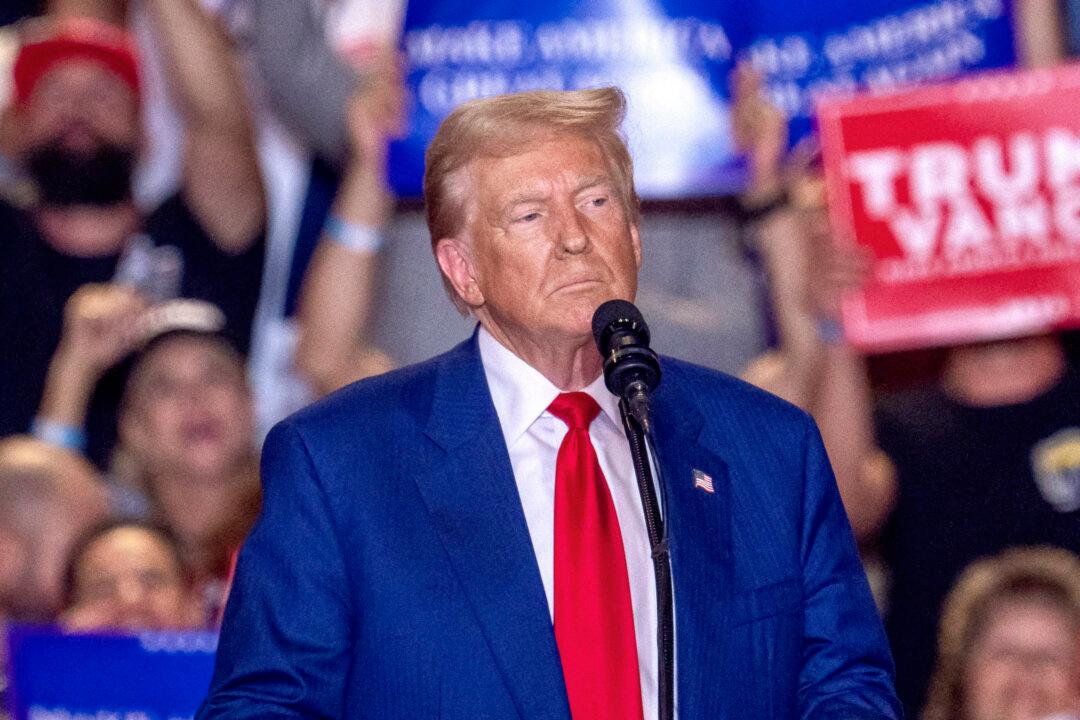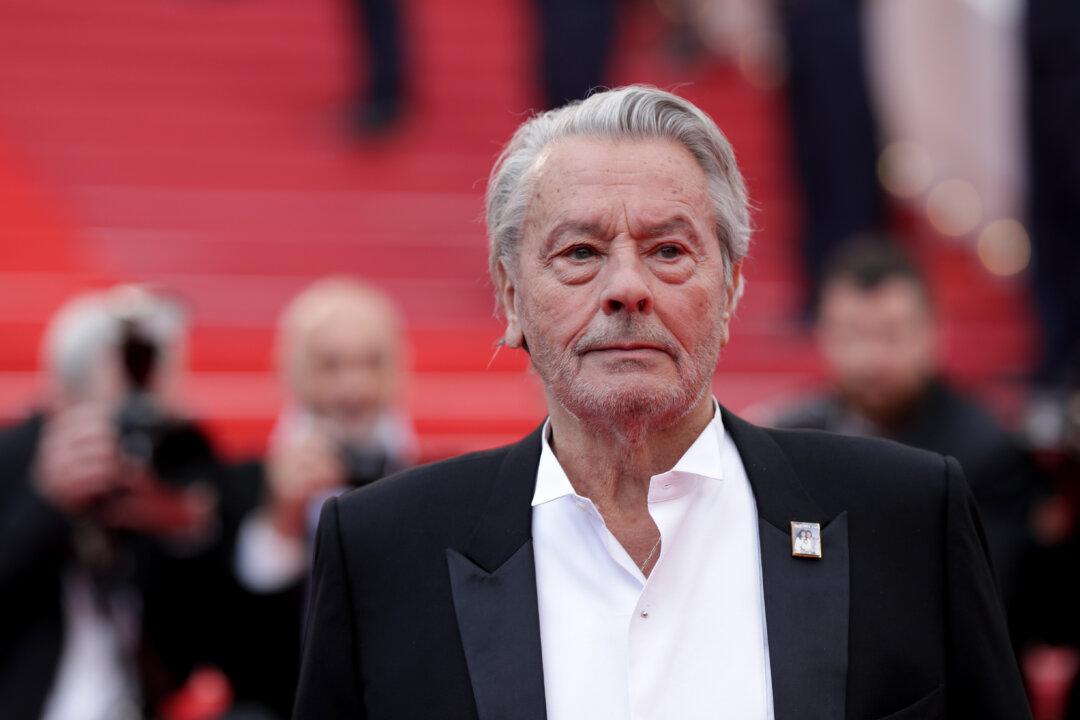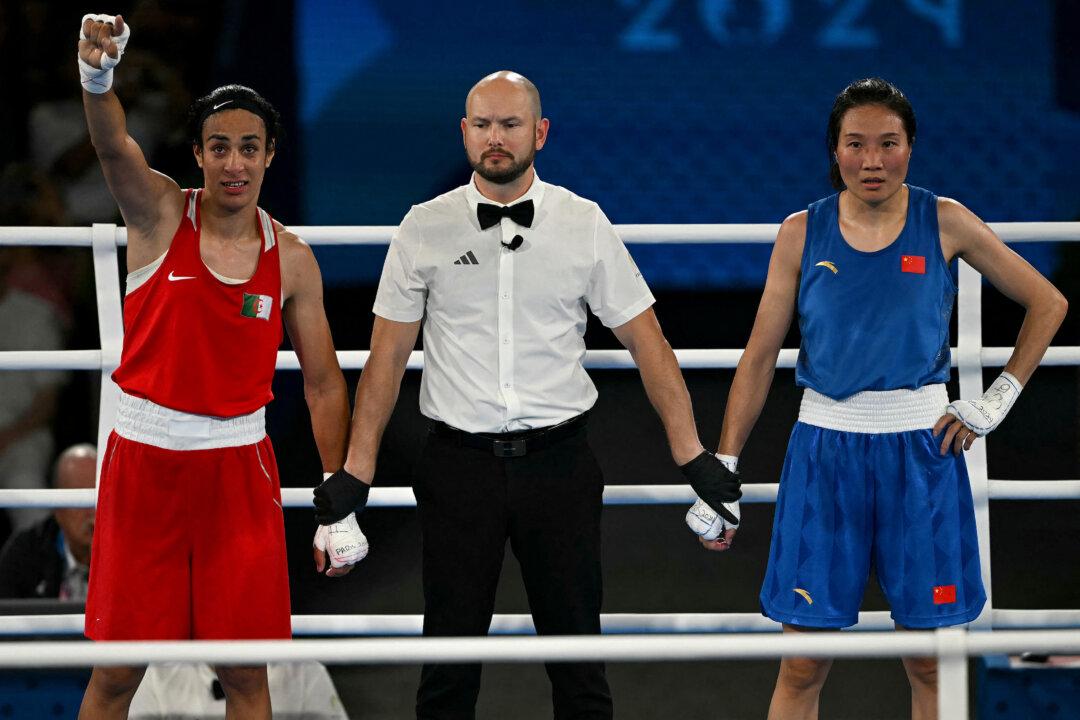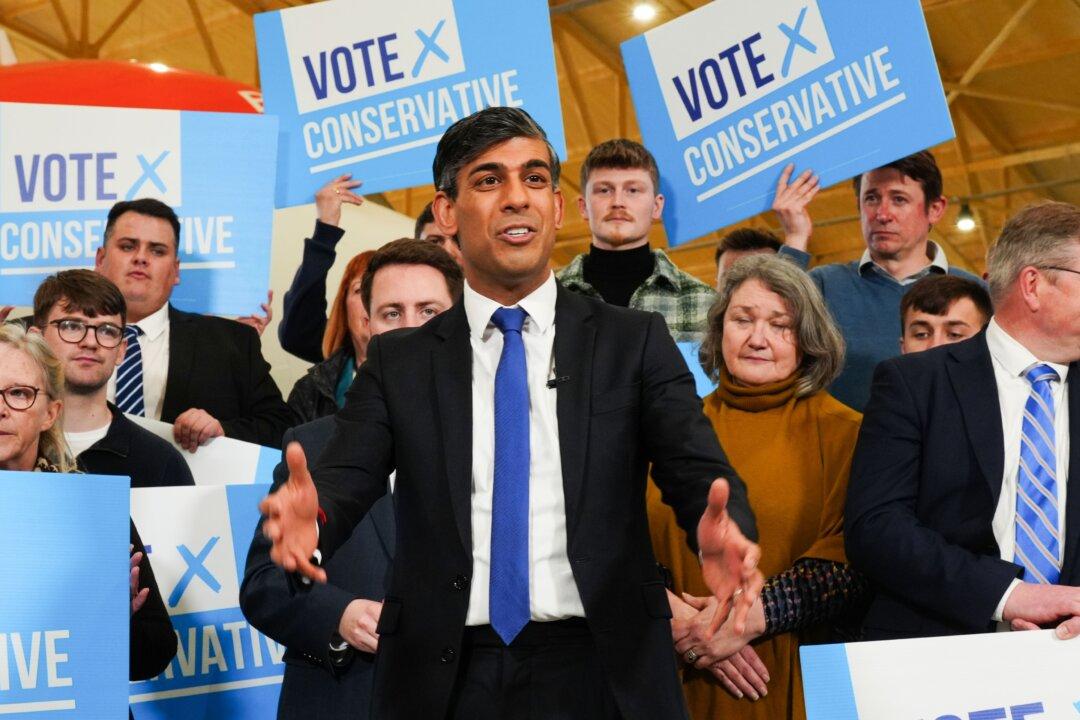The U.N. nuclear watchdog has censured Iran’s government over its failure to cooperate with the international fact-finding efforts.
In a resolution drafted on Thursday by the United States, Britain, France and Germany, the International Atomic Energy Agency said it was “essential and urgent” that Iran explain the origin of the uranium particles found at three undeclared sites and more generally give the agency all the answers it requires.




